Is Switzerland moving towards a European security alliance?
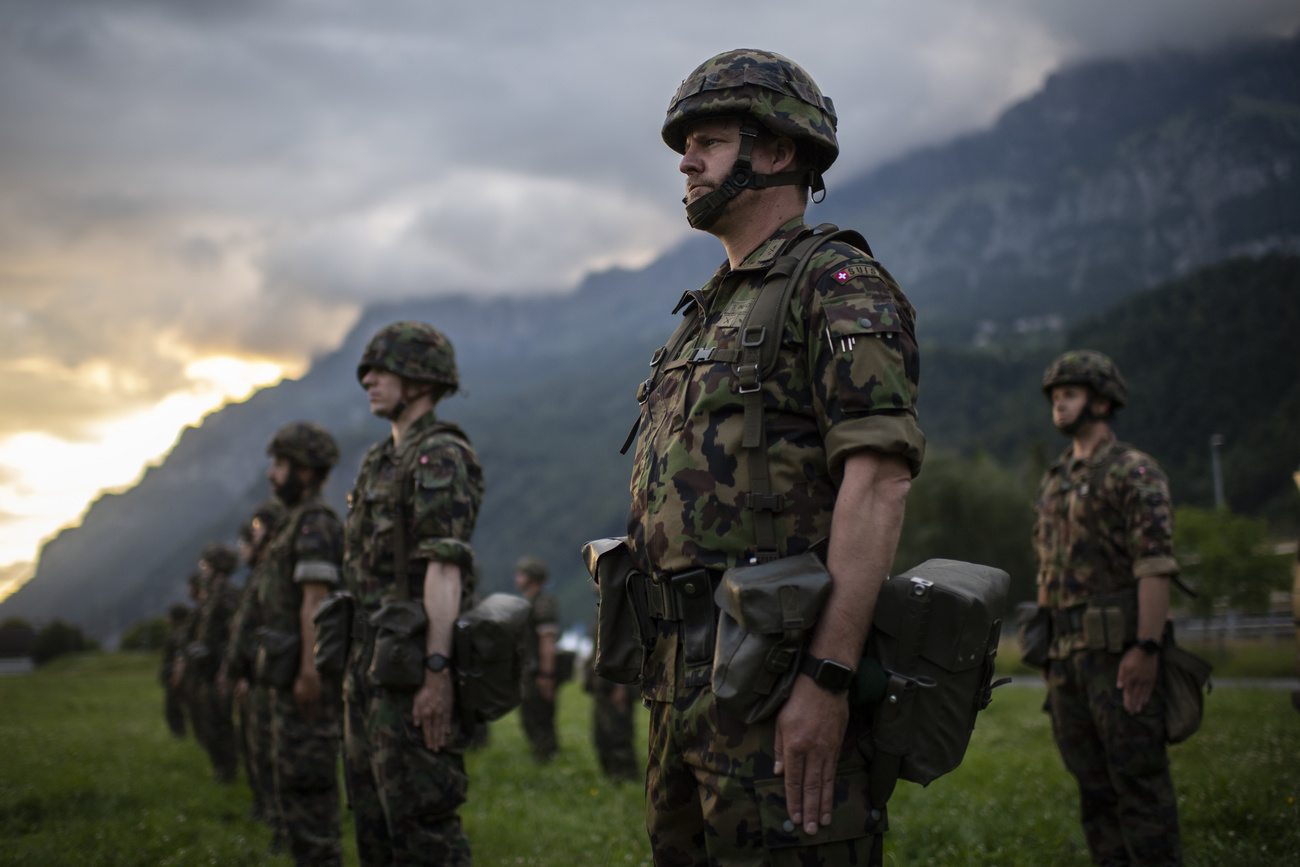
Against the backdrop of war in Ukraine, calls for more military cooperation are getting louder in Switzerland. How far can the country bend its traditional policy of neutrality?
Europe is re-militarising, as Russia’s aggression and the war in Ukraine fundamentally transform many governments’ perceptions of the security situation. In Switzerland, too, conservative parties – and the parliamentary security policy committee – are calling for more funding for the army.
Along with other researchers, Fabio Wasserfallen, a professor of European politics at the University of Bern, recently carried out a survey commissioned by media company Tamedia. While the Ukraine war appears to have unsettled the population, most feel relatively safe in Switzerland, they found. Some 45% say the country should boost its military, while 41% see that as unnecessary; 8% want to demilitarise, and 6% are undecided.
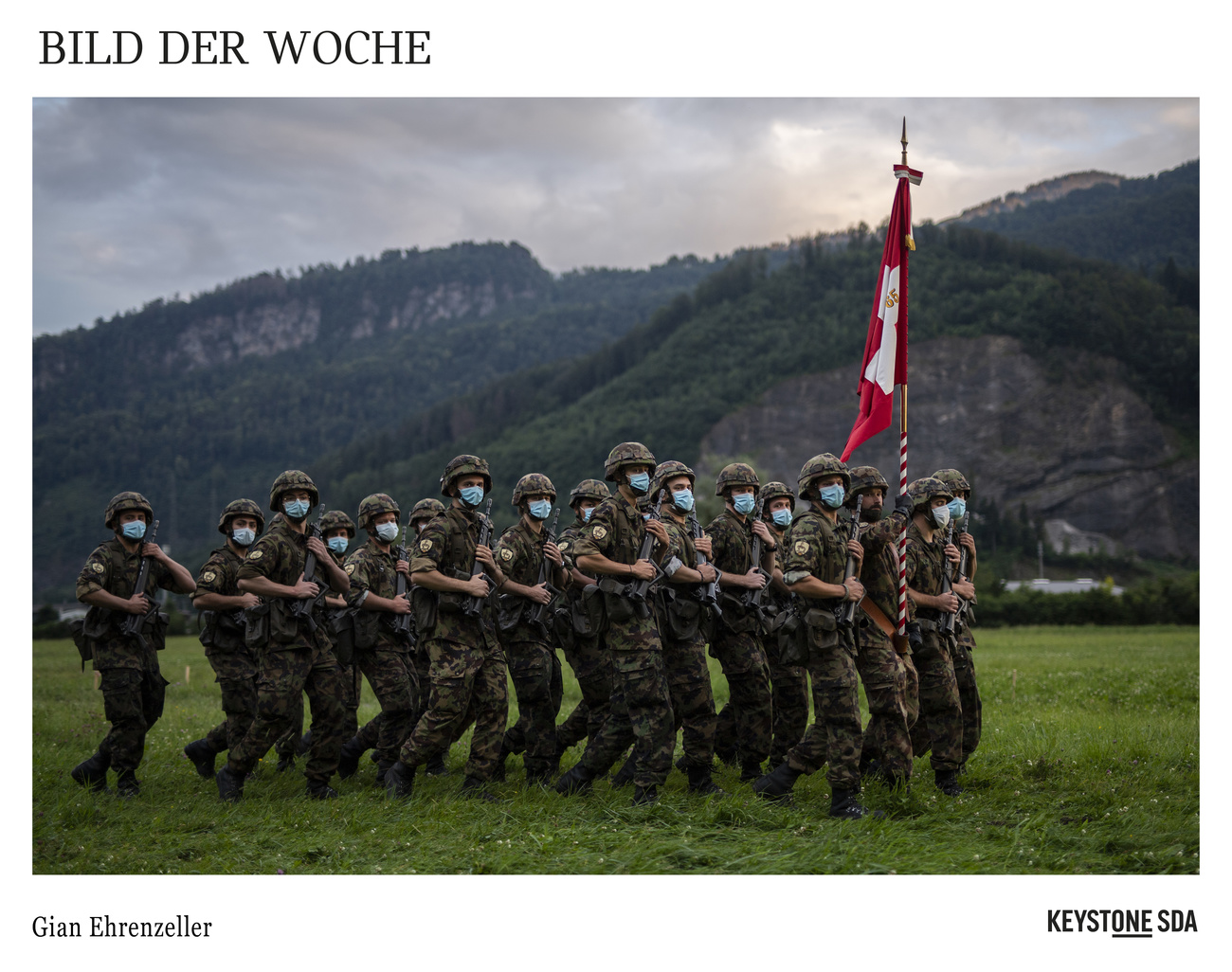
More
Switzerland will remain neutral – until it’s attacked
The liberal think tank Avenir Suisse sees a further option in closer cooperation with NATO and the European Union’s Permanent Structured CooperationExternal link (PESCO) defence mechanism. In a recent analysisExternal link, the think tank calls on Switzerland to treat its neutrality more pragmatically and to engage in more international cooperation.
The Avenir Suisse authors point to Sweden and Finland, both of whom have distanced themselves from their neutrality and today describe themselves as “non-aligned”. Since Russia annexed Crimea in 2014, Sweden and Finland have also been beefing up their armies and intensifying cooperation with NATO.
Austria and Switzerland have a lot in common: both are of a similar size and population, both are Alpine countries at the heart of Europe, and both are neutral states with militia armies.
According to Avenir Suisse, however, the Austrian army is of limited strength compared to Swiss forces – largely due to funding cuts. “Austria’s savings are only possible thanks to its pragmatic approach to neutrality,” the study authors write. That is, Austria compensates for its own shortfalls by engaging in transnational cooperation and focussing on collective security in Europe.
Julia Hofstetter, president of the NGO Women In International Security (WIIS) SwitzerlandExternal link, understands the desire for more security. “It is particularly understandable that countries sharing a border with Russia should want more military security and closer cooperation with NATO,” she says.
Despite this, she believes any decision to boost investment in national defence should be discussed with civil society groups. “There is a danger that the current mood in favour of renewed militarisation and an arms race could be exploited, which would make the situation in Europe more unpredictable rather than safer,” she says.
For European countries which do not have a border with Russia and which are not part of a defence alliance like NATO, the threats are different. “For countries like Switzerland, Russia represents more of a danger when it comes to political influence, disinformation or cyber-attacks,” Hofstetter says.
According to her, Switzerland can counter this complex array of threats through cooperation with NATO and the EU on information exchange and competence building. However, “for NATO and PESCO, conventional re-armament is the main response to the Ukraine war. So the question is whether other players and multilateral forums might be more important for Switzerland,” she says. Hofstetter again stresses how important it is to include civil society organisations that have a broad understanding of security and are more heavily focussed on protecting people.
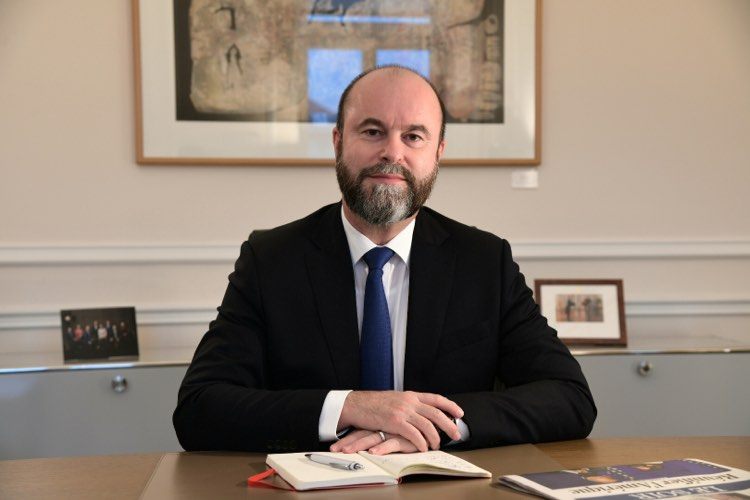
More
‘Swiss neutrality is one of the foundations of our partnership with NATO’
Neutrality as a stumbling block
Stronger military cooperation could also fail for another reason: Swiss neutrality, which enjoys a great deal of support among the population. However, according to the Tamedia survey, just 24% of respondents say neutrality is “non-negotiable”. Most of those surveyed find neutrality a sensible policy, but see a certain room for manoeuvre.
According to the authors of the Avenir Suisse study, the question should be honestly and openly discussed. “The limits of neutrality are not reached until Switzerland gets involved in international military planning,” they write. “As long as it doesn’t make any commitments to provide military assistance, this approach is compatible with neutrality law.”
Even before the start of the war in Ukraine, Switzerland had decided to buy 36 F-35 fighter jets from US company Lockheed-Martin. According to Avenir Suisse, the potential of these jets could be used to its fullest via stronger international cooperation – notably since the F-35s are specifically built for attack missions, as part of a military alliance like NATO.
Thanks to the jets, European airspace could be collectively defended, the think tank writes: this would be a sensible policy, since it is more likely that any potential future conflict would affect Europe as a whole, rather than Switzerland specifically.
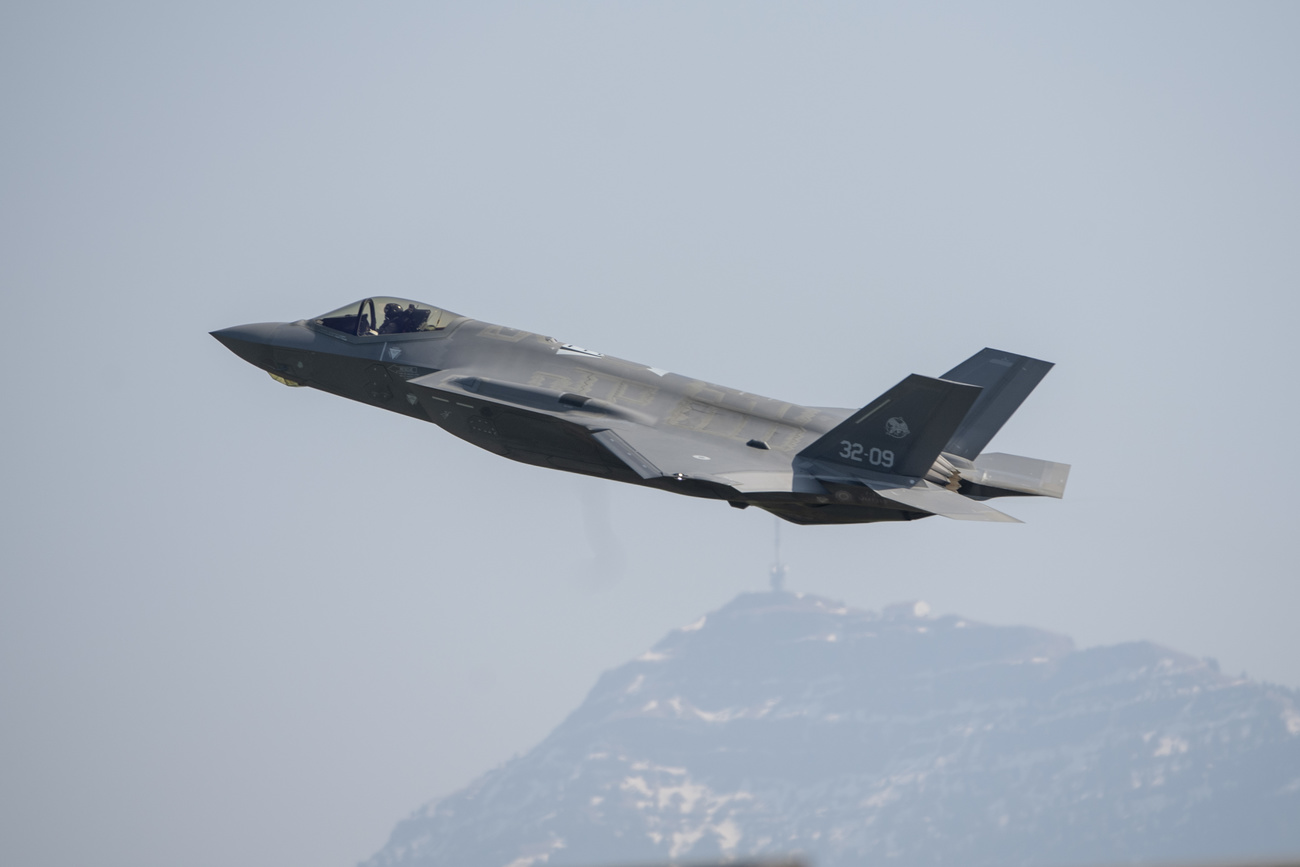
Centre Party President Gerhard Pfister also broached the issue of collective airspace defence in a recent interview: even neutral Switzerland could use its fighter jets to play a part in a joint airspace policing system, Pfister said.
But left-wing parties and the pacificist Group for a Switzerland without an Army (GSoA) are still forging ahead to collect signatures for an initiative to stop the purchase of the F-35s. GSoA says buying the new fighters makes no military or political sense, and will bring no extra security: “there is no chance of Russian ground troops attacking Switzerland”, it writes on its website. “Before the first Russian solder sets foot on Swiss soil, nuclear war would already have broken out, since various NATO member states would already have been attacked.
According to a Tamedia survey, some 60% of those polled were against the left-wing plans to derail the purchase of the new fighter jets.
The right-wing People’s Party sees things differently. International cooperation on defence contradicts neutrality, the party said in response to SWI swissinfo.ch. It is planning to launch a people’s initiative to enshrine all-encompassing neutrality in the federal constitution, which would make cooperation with NATO or PESCO impossible.
“Switzerland’s perpetual armed neutrality has been a guarantee of peace and security in our country for more than 200 years,” writes Andrea Sommer from the People’s Party secretariat. The fact that so many know-it-all discussions (about military cooperation) are happening right now shows that neutrality law needs to be more closely defined, she says.

More
Will Switzerland ever join NATO?
Even Avenir Suisse admits that questions about neutrality policy need to be cleared up before Switzerland can be more closely integrated in collective NATO structures.
PESCO rather than NATO
According to Wasserfallen, the decisive factor is how international cooperation in NATO and the EU develops. “Cooperation in PESCO will intensify, which should lead to more potential for Switzerland to cooperate,” he says.
Cooperation with European states would be easier than with NATO, Wasserfallen adds. While PESCO members have set the goal of working together on defence matters, the instrument foresees no mutual assistance obligation (as yet) – unlike in NATO.
The Avenir Suisse researchers also conclude that while stronger cooperation with NATO would be more sensible from a military strategic standpoint, cooperation with the EU is more politically realistic. The Tamedia survey also found that while a majority favoured Swiss participation in PESCO, two-thirds rejected NATO membership.
Translated from German by Catherine Hickley.

In compliance with the JTI standards
More: SWI swissinfo.ch certified by the Journalism Trust Initiative

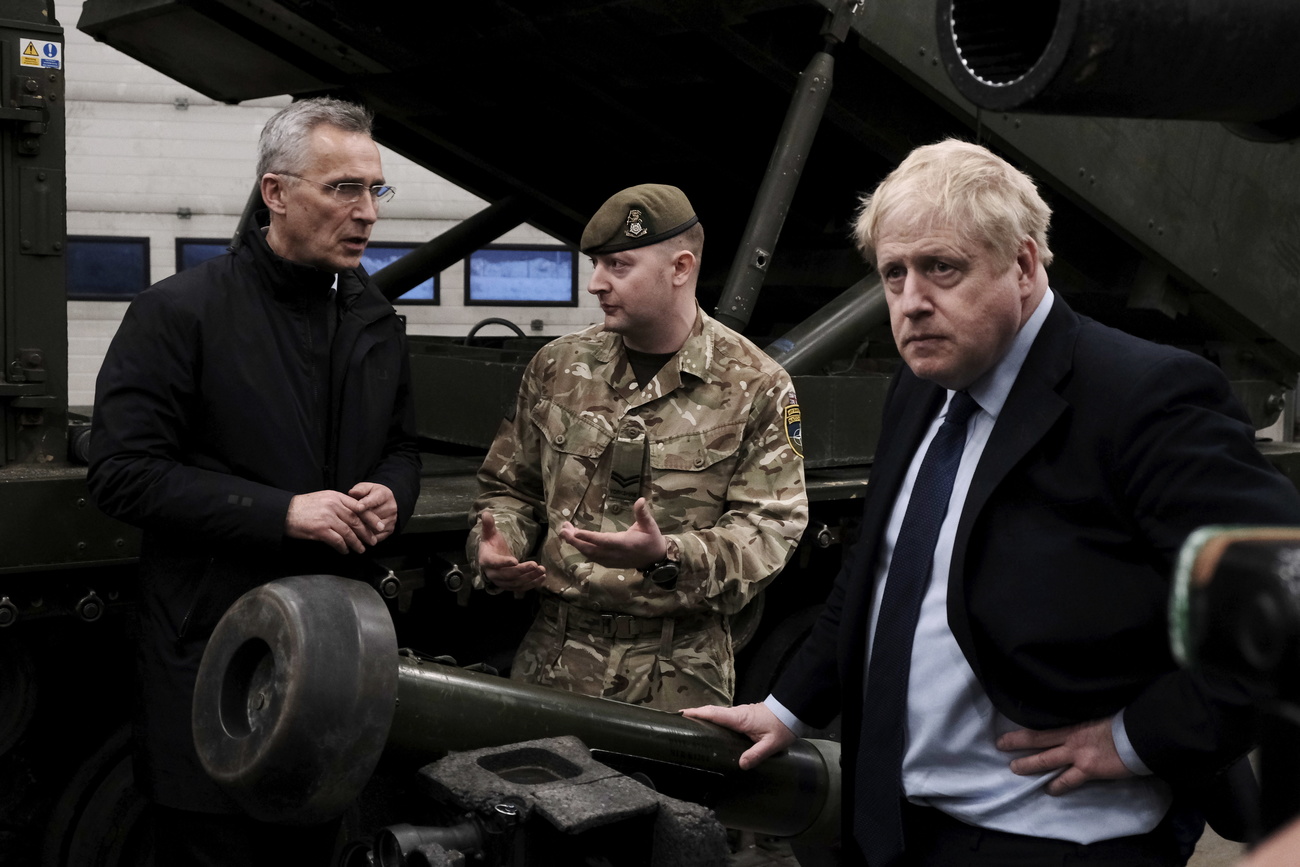
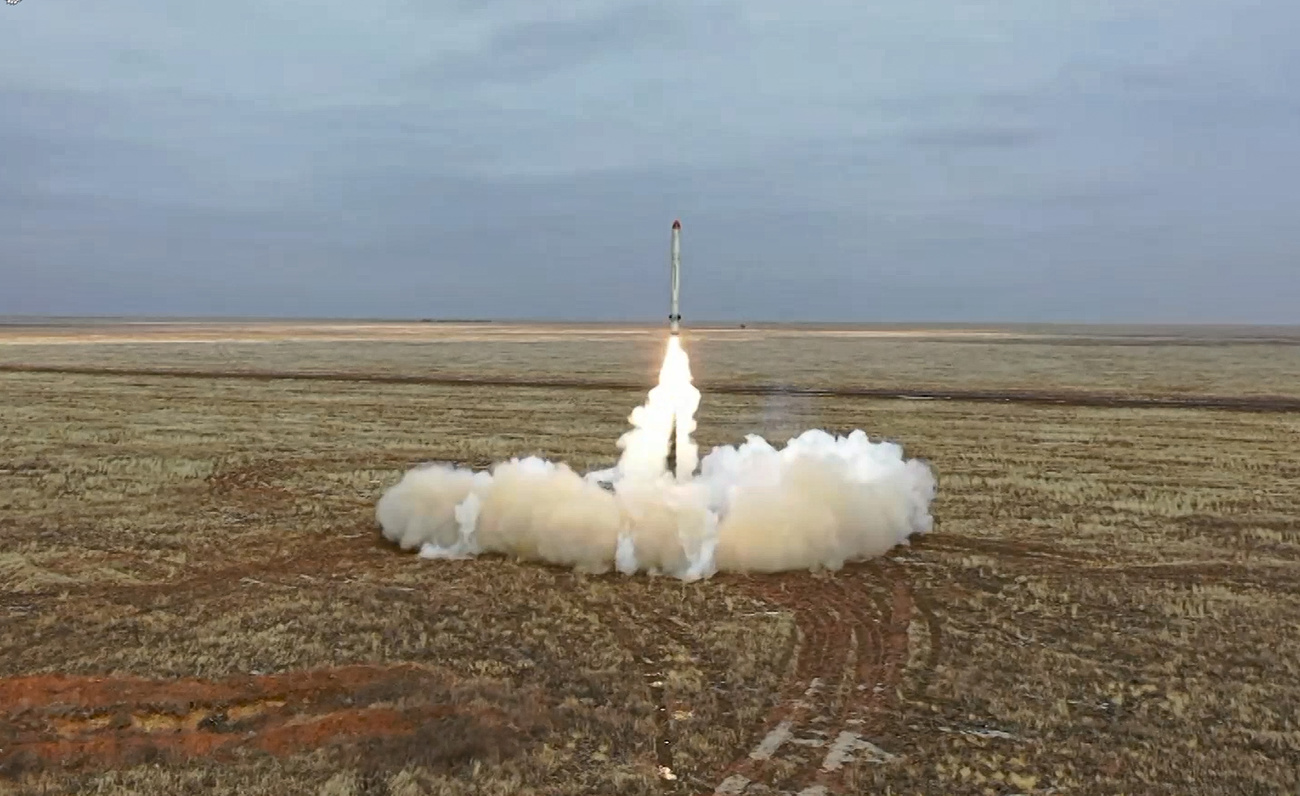
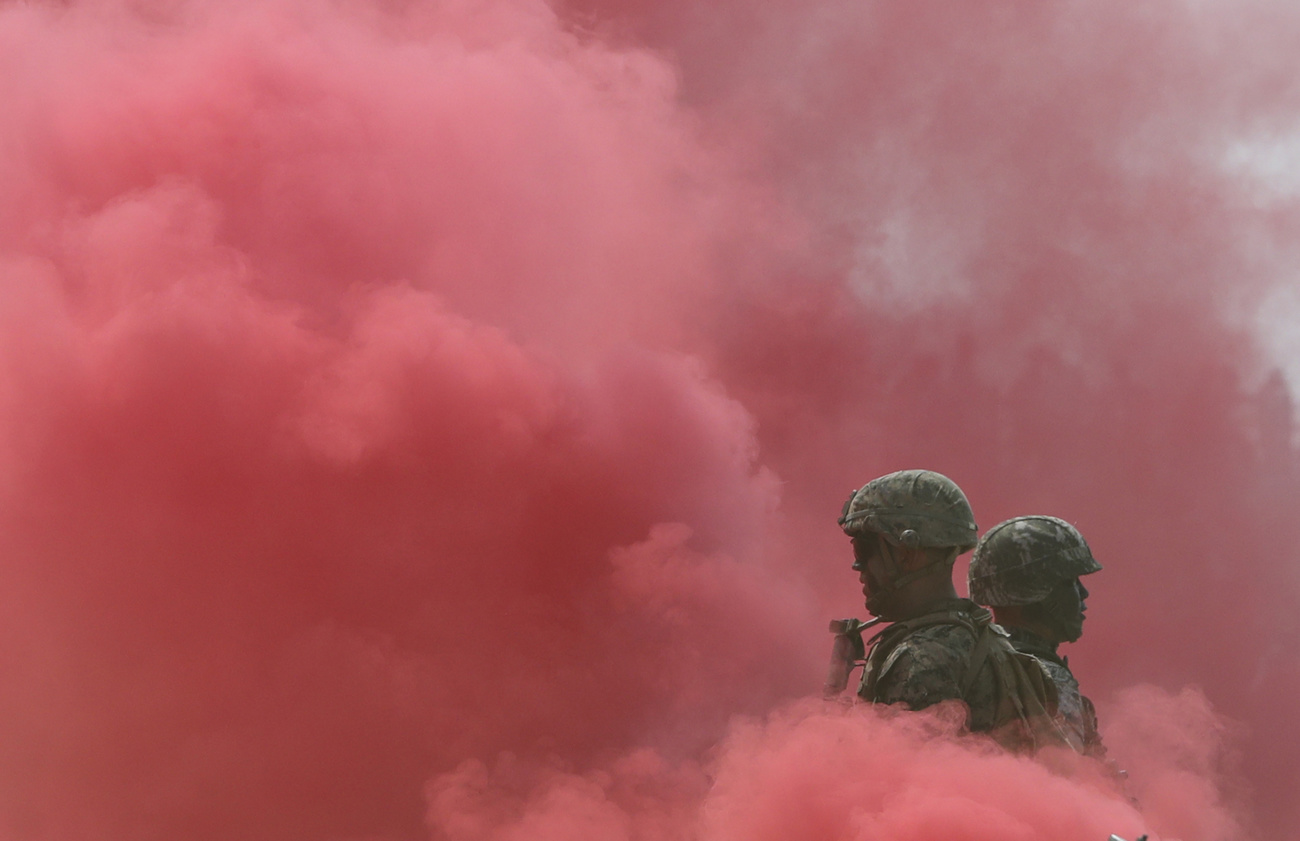
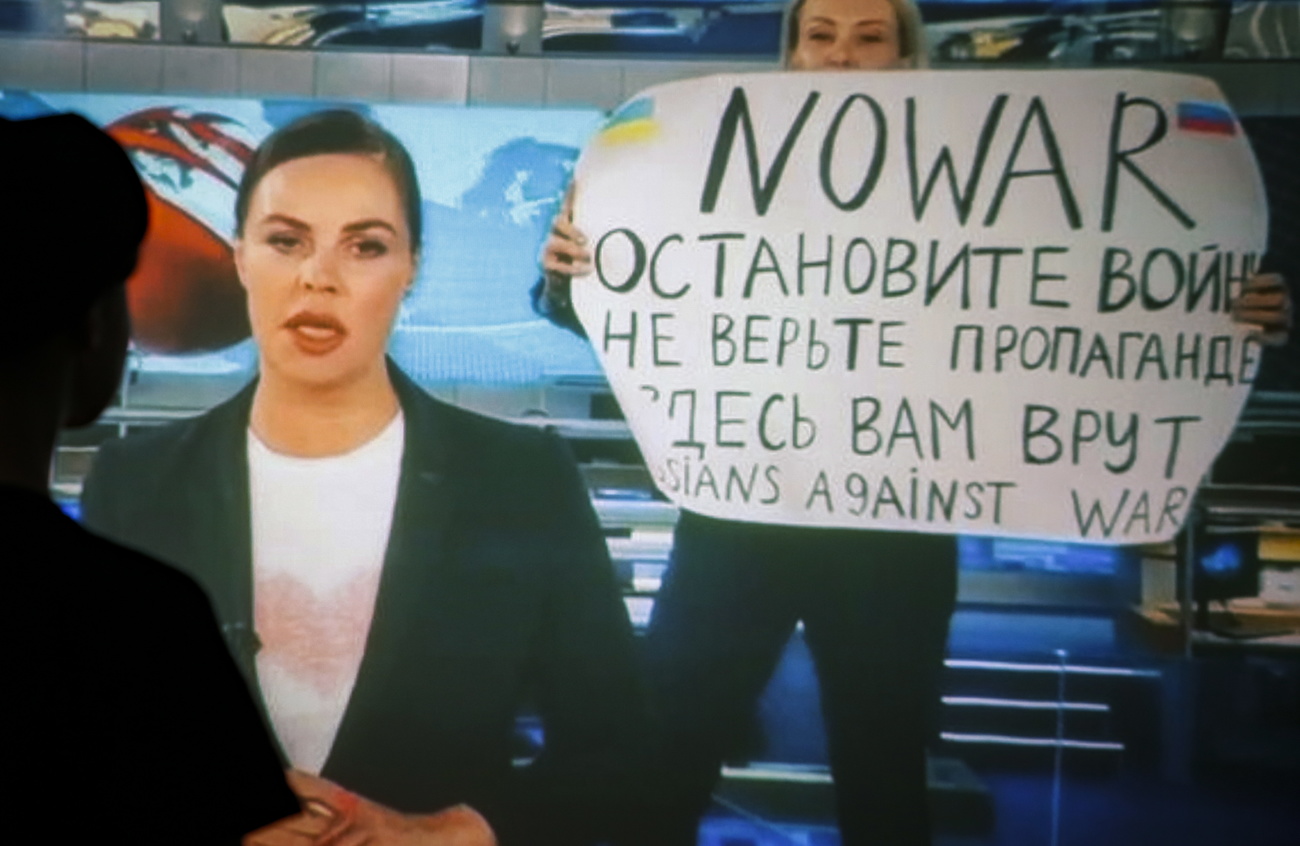
You can find an overview of ongoing debates with our journalists here. Please join us!
If you want to start a conversation about a topic raised in this article or want to report factual errors, email us at english@swissinfo.ch.